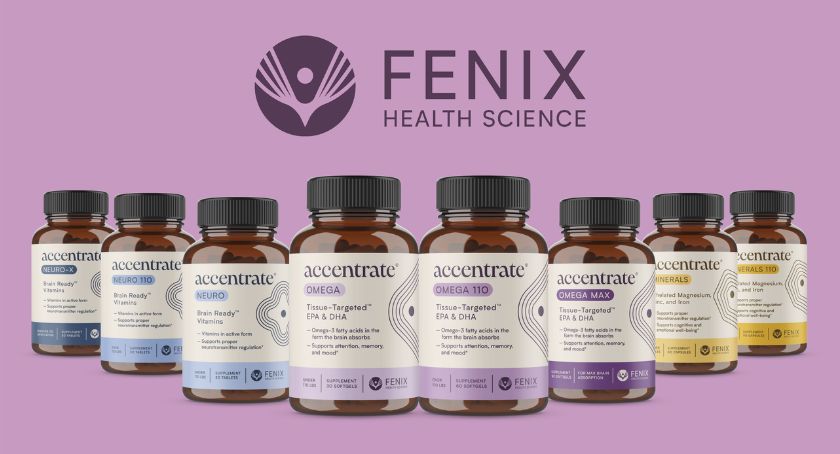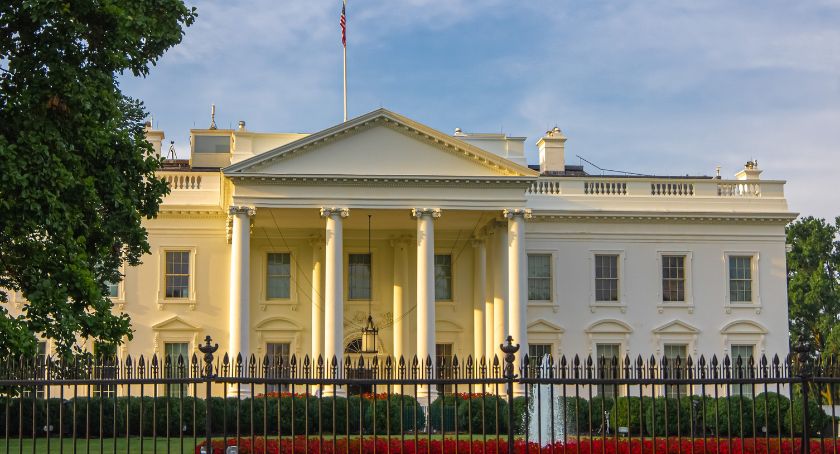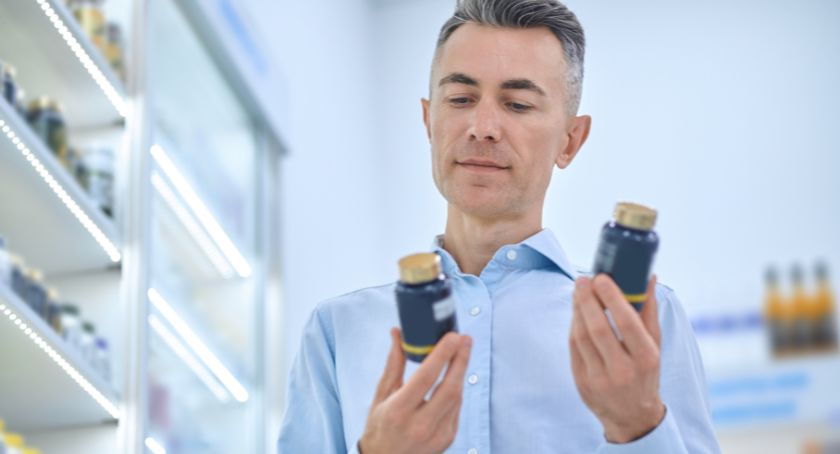Exclusives
Industry Rebukes HBO ‘Real Sports’ Report
Segment claimed supplements are unregulated and blamed Senator Orrin Hatch for blocking new laws.

By: Sean Moloughney
HBO’s “Real Sports” aired a segment on May 19 titled “In Harms Way,” focusing on the deaths of U.S. military service members who were taking products marketed as a dietary supplement that contained 1,3-dimethylamylamine (DMAA), which FDA removed from the market in 2013.
The report criticized the supplement industry, characterizing it as unregulated, or under-regulated, and suggested industry advocate Senator Orrin Hatch (R-Utah) has been preventing the supplement industry from being regulated.
In an editorial published in the Salt Lake Tribune, Daniel Fabricant, president and CEO of the Natural Products Association and former director of FDA’s Division of Dietary Supplement Programs, reiterated that the industry is indeed regulated and HBO’s reporting was sensational in nature.
“DMAA, the ingredient the HBO story suggests was responsible for the tragic fatalities despite an official Department of Defense review that concluded otherwise, was one I dealt with directly as one of the nation’s top enforcement officials for dietary supplements at the FDA from 2011 to 2014. In 2013, we declared DMAA illegal and immediately instructed companies manufacturing it to remove any products containing the ingredient from the market. At the same time, we recalled and destroyed $22 million worth of illegal products manufactured by USPlab’s OxyElite Pro, one of the companies that were manufacturing illegal products containing DMAA. Those who broke the law were punished. We took action.”
UNPA Sets the Record Straight
The United Natural Products Alliance (UNPA) issued a statement calling the report inaccurate and misleading. “UNPA is deeply concerned that the story contains misinformation about the laws regulating dietary supplements, particularly in light of the tragic deaths of U.S. service members. This irresponsible reporting is a glaring disservice to the public.”
UNPA emphasized that dietary supplements are subject to several regulations as promulgated by FDA under the Code of Federal Regulations, Title 21, of the Food, Drug and Cosmetic Act. “Simply stated, it is a regulated industry,” UNPA said.
“FDA has found on more than one occasion that an ingredient in the products in question, 1,3-dimethylamylamine, commonly known as DMAA, is not a legal dietary ingredient and is not allowed to be sold as a dietary supplement, which is why FDA removed DMAA from the market.
“To suggest that enactment of the Dietary Supplement Health and Education Act (DSHEA), the law that regulates dietary supplements, passed by unanimous consent of both the House and Senate in 1994, allowed the marketing of such products is either an intentional misrepresentation or a complete misunderstanding of the law. Either way, HBO is incorrect.”
UNPA went on to note that FDA has previously acted against a number of companies selling DMAA because the agency found that they were not legally on the market. In May 2013, UNPA created a “no sale” policy of DMAA as a condition of membership in support of FDA’s enforcement action and to underscore that DMAA, a synthetic chemical, is not a dietary supplement.
“UNPA believes that there is no evidence that Sen. Orrin Hatch has ever supported the sale of any unsafe dietary supplement. To the contrary, Sen. Hatch has led efforts to assure the full enforcement of the law and to secure adequate funding to do so.
“A review of the record tells a different story than the one told by HBO. Specifically:
• DSHEA grants FDA authority to remove any dietary ingredients or dietary supplement products deemed to be unsafe. Sen. Hatch has repeatedly noted this, including, as an example, when he co-sponsored the Anabolic Steroid Control Act (S. 1780 and S. 1538). This legislation, which was enacted into law in 2004, defined a long list of anabolic steroids as drugs and not dietary supplements.
• Sen. Hatch has never stopped working to have FDA enforce the law and has repeatedly fought for additional funds for FDA to enforce it. He co-authored the “DSHEA Full Implementation and Enforcement Act of 2010,” a proposed amendment to provide FDA with additional resources; direct FDA to inspect facilities to ensure compliance with the new dietary supplement good manufacturing practice regulations; allow it to use the authority under DSHEA to protect the public from unsafe dietary supplements; and ensure that claims made for dietary supplements are truthful, non-misleading and substantiated.
• In remarks in support of the above amendment, he said: “When we drafted DSHEA, ensuring the safety of products was at the forefront of our efforts. The law gives the FDA abundant tools to remove products that are unsafe from the market. … There is no excuse for a supplement manufacturer to market products that are unsafe or inaccurately labeled or that make outlandish claims.”
• In the same floor statement, Sen. Hatch pointed to the real issue when he said: “It is impossible for this law to protect consumers if it is not enforced.”
• Sen. Hatch also co-sponsored the Dietary Supplement and Nonprescription Drug Consumer Protection Act of 2006, a law requiring mandatory reporting of serious adverse events for dietary supplements and OTC drugs.
• In 2014, he co-sponsored the Designer Anabolic Steroid Control Act of 2014 that protects consumers from potentially dangerous anabolic steroids that are often falsely marketed as dietary supplements. This legislation was signed into law in December 2014.
“Millions of consumers use dietary supplements daily and do so safely and with great benefit,” said UNPA President Loren Israelsen. “This is in large part due to the efforts of Sen. Hatch, who has tirelessly worked to assure continued access to safe and beneficial products. Based on his record, we are surprised and disappointed that HBO missed the mark so badly.
“Regrettably, HBO has chosen to misinform its viewers on the regulation and safety record of supplements,” he added. “And while we agree that rogue players and products do exist, this is not because of DSHEA or Sen. Hatch, who has consistently worked to preserve the rights of consumers to access safe dietary supplements.”
CRN Open to Dialogue
Steve Mister, president and CEO, Council for Responsible Nutrition, responded to the segment noting that more than two thirds of U.S. adults—including those in the military—take dietary supplements every year, and the overwhelming majority do so safely. “We understand those in the military, in particular, need to be in the best physical shape possible to withstand the stress and rigor of defending our country, and numerous dietary supplements can help maintain and improve good health.”
However, he added that CRN shares the concerns raised by HBO’s segment about stimulant ingredients like DMAA, and CRN has expressed support for FDA’s position that DMAA and similar ingredients are illegal because they lack adequate evidence of safety and present unreasonable health risks.
“On the other hand,” Mr. Mister noted, “we are disappointed that HBO ignored our requests to provide perspective from the mainstream, responsible dietary supplement industry as we would have confirmed our position that the products the segment focused on are being illegally marketed as dietary supplements in violation of the requirements for new ingredients. Further, we would have provided accurate information and a more balanced perspective of the numerous provisions in the law, added with the passage of DSHEA and beyond, that have given FDA more authority than it previously had to remove unsafe products from the market and ample tools to enforce the law. To that end, we are concerned that FDA has not always acted as swiftly as appropriate to remove from the market these kinds of questionable products, and we continue to urge for further resources, financial and otherwise, for FDA to more fully enforce the law.
“Critics of dietary supplement regulation tend to focus on pre-market approval as the only option, ignoring the fact that pre-market approval is not a full-proof method to safety, nor is it a viable option for the vast majority of products in our industry that don’t receive the same patent protection and financial incentives as pharmaceutical products. Our industry is open to dialoguing with those who are serious—and realistic—about finding ways to avoid the kinds of tragedies shown in this segment in the future.”





















